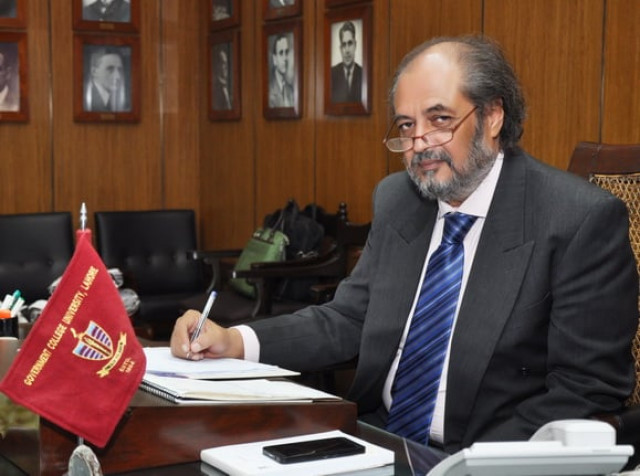International conference: ‘Disputes among Asian countries hurdle in regional progress’
Experts come together to discuss inter-regional connectivity

He was addressing an international conference on inter-regional connectivity, ‘South Asia and Central Asia’ at the Government College University (GCU) in Lahore on Wednesday.
“Even intra-regional connectivity within South Asia and Central Asia does not exist,” said Rashid in his keynote address at the opening ceremony of the conference, chaired by Punjab Higher Education Minister Begum Zakia Shahnawaz.

As many as 25 foreign experts from Russia, China, India, Nepal, Tajikistan, Uzbekistan, United Kingdom, Singapore, Italy, Germany, Sri Lanka, Thailand, Singapore and USA participated in the conference. The debate focused on geopolitics of corridors, building economic and political linkages, energy security, socio-cultural connectivity and peace and security-centric cooperation during six technical sessions of the conference. The conference was organised by the university’s Political Science Department in collaboration with the both provincial and federal high education commissions.
Ahmed briefed the participants in detail about economic strengthens, domestic political situations and foreign policies of major Central Asian and South Asian states. He said China, who was a major player in this ‘great game’ of inter-regional and intra-regional connectivity, must make efforts in ending conflict between Pakistan and Afghanistan, and Pakistan and India.
Other speakers at the conference said increase in trade and enhanced connectivity would make regional countries a stakeholder in peace and stability, while easing the energy constraint for economic growth. They believed that this will reduce the levels of conflict and the regions would witness trade, tourism and energy flow across national borders and would help in healing wounds that have been bleeding for decades.
The speakers discussed major initiatives towards inter-regional connectivity which included opening of borders, building logistic infrastructure, extending land access and entering currency swap and free trade agreements.
GCU Vice Chancellor Prof Dr Hassan Amir Shah said that the conference had immense potential to generate ideas and concepts that could pave the way for academic excellence, human development regional peace and cooperation. “We expect the scholars to bring forth new trends of regionalism in Asia keeping in view the indigenous realities and demands beyond the conventional parameters of regional study, and contribute in the formulation of a theoretical framework for further research,” he said.
Addressing the first technical session of the conference on geopolitics, Middle East Institute, Washington Centre for Pakistan Studies Director Prof Marvin G Weinbaum said reconciliation in South Asia was prerequisite for inter-regional connectivity, adding that competing domestic policies and poor security conditions within these countries needed also to be addressed.
“Standing at the interregional crossroads, Pakistan and Afghanistan should realise opportunities provided by stronger connectivity, but their mutual distrust and absorption with their mutual conflicts has limited the progress,” he said.
He feared that without changes, South Asia, with its presently weekly integrated economies and often adversarial political relations, stood to be left far behind Russia, China and Turkey and other external powers in a new Great Game for Central Asian resources and markets.
Published in The Express Tribune, November 10th, 2016.


















COMMENTS
Comments are moderated and generally will be posted if they are on-topic and not abusive.
For more information, please see our Comments FAQ